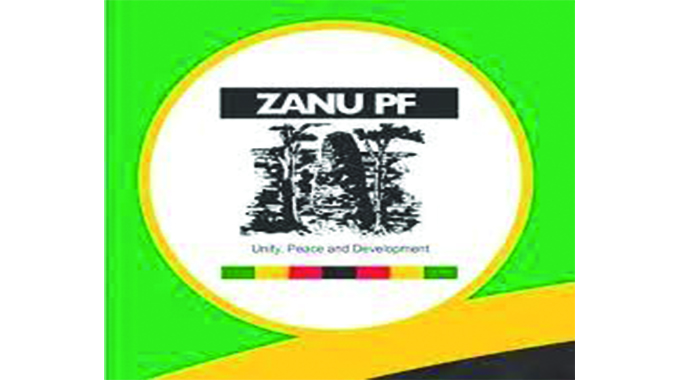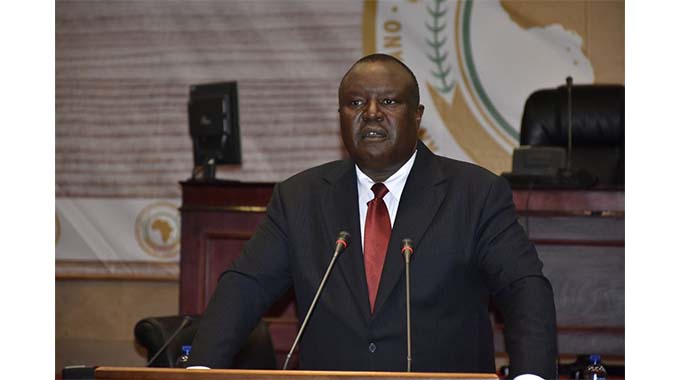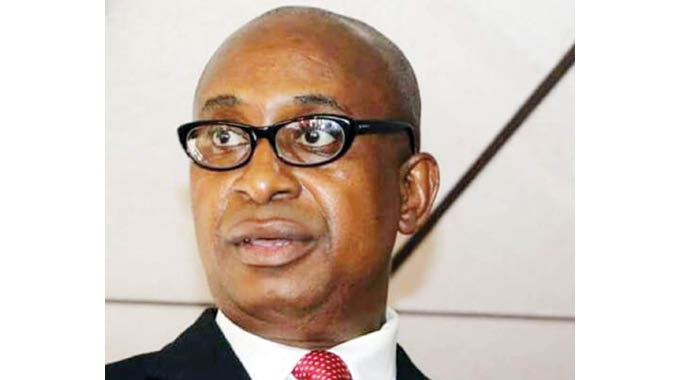Gukurahundi hearings gel with cohesion agenda of Unity Accord

Nqobile Tshili, Chronicle Reporter
THE Gukurahundi community hearing programme launched by President Mnangagwa in October is in sync with the national cohesion processes that started when the Unity Accord was signed on December 22, 1987.
The Unity Accord brought together Zanu-PF and PF-Zapu under the banner of Zanu-PF.
The former late President Cde Mugabe and Father Zimbabwe, the late Vice-President Dr Joshua Nkomo signed the agreement, ending the post-independence Gukurahundi conflict.
While the signing brought a political solution in the country, Gukurahundi left a lot of scars, particularly in Matabeleland and some parts of Midlands province. Upon assuming power, President Mnangagwa declared that the country needs to confront its dark past by taking a bold step towards finding a lasting solution and fostering national unity for the healing of the victims.

Zanu-PF
He initiated engagements with civil society organisations under the banner Matabeleland Collective to address challenges in the region.
The Gukurahundi issue also emerged during the discussions leading to President Mnangagwa engaging with traditional leaders from Matabeleland region to address the thorny issue.
The President has already mandated traditional leaders to hold meetings in their communities to capture their views and ascertain possible solutions.
The traditional leaders consulted widely before coming up with a manual on the Gukurahundi community engagement processes which was endorsed by Government.
President Mnangagwa launched the policy document which empowers the traditional leaders to conduct victim centred Gukurahundi public hearings. Chiefs are finalising modalities that will enable them to start the public hearings.
The president of the National Council of Chiefs, Chief Fortune Charumbira, said:
“The ongoing Gukurahundi hearings by the traditional leaders in their areas of jurisdiction is meant to address emotions, arising from the past, and it is a pillar of sustainable unity.

The-late-Dr-Joshua-Nkomo-and-Cde-Robert-Mugabe
It is an exercise of mending fractures and cementing the future.”
Chief Charumbira said it was noted that traditional leaders are in a better position to reach out to communities and the victims than officials.
He said addressing the Gukurahundi issue requires a cultural approach, which effectively makes chiefs pivotal in the process given that they relate better with communities including sharing some of the experiences.

Chief Fortune Charumbira
“Resolving Gukurahundi is an exercise which requires emotional and cultural interrogation. The solutions are imbedded in cultures and therefore chiefs are the custodians of culture,” said Chief Charumbira.
He said traditional leaders offer an uncontested safe space for people to speak out. Chief Charumbira said traditional leaders also provide a better psychologically safe space for people to speak out.
“No other institution has enjoyed the lived realities of communities like traditional leaders. No other institution has its values, culture, and traditions in sync with the people like traditional leaders,” said Chief Charumbira.
He said while other institutions may change with the passage of time, the traditional leadership is permanent.
Chief Charumbira said for Zimbabwe to develop there is need for inclusivity in addressing national problems.
National Peace and Reconciliation Commission (NPRC) spokesperson Commissioner Obert Gutu said the process is a unique way of fostering national unity, which is in sync with the dictates of the Unity Accord.
He said NPRC is charmed in the manner in which President Mnangagwa is working with traditional leaders who are spearheading the processes when they start conducting hearings in communities.
“We appreciate that the highest office of the land has taken that initiative and traditional leaders being the custodian of culture are at the centre of this process. This is an inclusive process because the traditional leaders are the people on the ground and know their community concerns and expectations,” he said.

National Peace and Reconciliation Commission (NPRC) spokesperson Commissioner Obert Gutu
Comm Gutu said as the nation commemorates Unity Day it is critical that issues affecting the enjoyment of peace are addressed.
“I believe it will offer the communities an opportunity to be part and parcel of the solution. This is a process that we are happy about. We don’t want a situation where it is a top down kind of approach where people come from either the NPRC or Government to say this is what we are going to do,” he said.
“This is a situation where traditional leaders from different areas lead the processes and I’m sure that each respective area has its concerns that are unique. This process will put to rest whatever lingering issues.”
Political analyst, Mr Teddy Ncube, said placing chiefs at the heart of community engagements on Gukurahundi issue is an acknowledgement of the need to address societal problems from the grassroots level.
“The New Dispensation acknowledges that what was happening during Gukurahundi happened in communities hence the best way to solve these problems lies in using a community-led approach,” said Mr Ncube.
He said the involvement of chiefs is well within the confines of the Constitution.
“It is the political values that mark the existence of Zimbabwe. It also signifies that the New Dispensation is committed towards the operationalisation of the Constitution,” he said.
“Chapter 14 of the Constitution talks about devolution and Chapter 15 talks about the role of traditional leaders in peace-building, national development, and social cohesion.” – @nqotshili











Comments